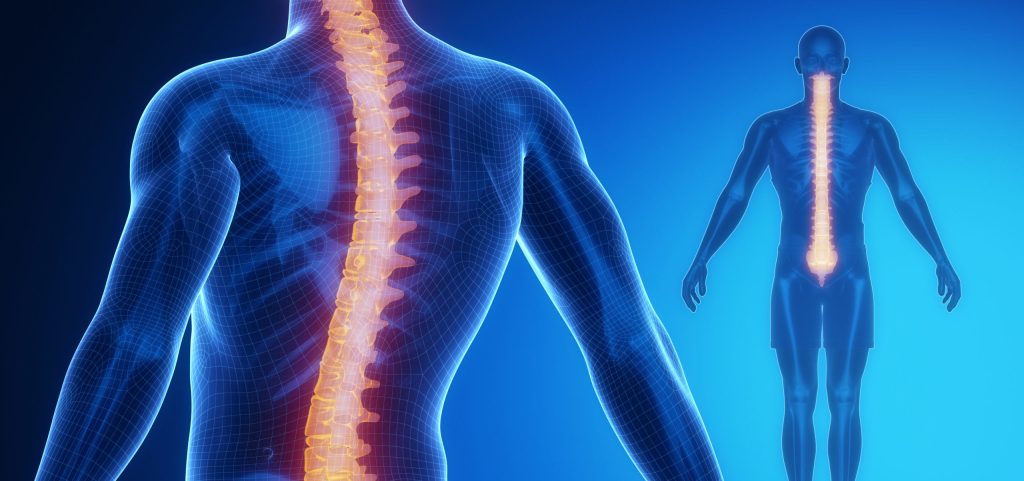
The most common age group for the diagnosis of scoliosis, which is a lateral curvature of the spine, is adolescence. Although scoliosis can develop in persons with diseases like palsy and spinal muscular atrophy, most infantile scoliosis has an enigmatic origin. However, people need to be aware of severe curved spine scoliosis treatment may need to undergo surgery, scoliosis-specific exercises, or bracing.
Why it is important to know about scoliosis?
It’s crucial for kids to get checked because scoliosis can be hard to spot. If neglected, scoliosis can worsen and result in pain and difficulties in adults. Early detection enables any scoliosis curvature to be rectified as a kid develops.
When to see a doctor?

If your child exhibits symptoms of scoliosis, consult your doctor right once. Mild curves might form without you or one’s child being aware of it because they normally don’t hurt and appear gradually. On occasion, a child’s scoliosis is discovered for the first time by teachers, friends, or sports teammates.
Causes of scoliosis:
Although the illness sometimes runs in families, doctors believe that hereditary factors may be involved in the most prevalent type of scoliosis. Less frequent forms of scoliosis can be brought on by:
- Muscular dystrophy and other specific neuromuscular diseases, such as cerebral palsy
- birth abnormalities that impact how the spine’s bones grow
- Previous chest wall surgery as a child
- spine-related injuries or illnesses
- anomalies in the spinal cord
risk factor:
Family background and genetics may be risk factors for idiopathic scoliosis. Make sure your other children are periodically examined if you or one of your children has this condition. When children are around 10 and 15 years old, typically during growth spurts, scoliosis most frequently manifests itself. Minor idiopathic scoliosis is diagnosed in almost the same number of males and girls. However, girls’ curves are 10 times more probable to deteriorate and may require treatment. Scoliosis that was discovered in adolescence can persist into maturity. It is more prone to deteriorate over time the more curved your spine is. Ask your doctor to regularly check your back if you’ve ever had scoliosis.
Conclusion:
A spine that curves improperly is known as scoliosis. It usually appears during childhood and adolescence, and its source is frequently unidentified. Surgery and other treatments, such as back bracing, frequently work. If someone has scoliosis, they should see a doctor right away because early diagnosis and treatment can help avoid further problems.




